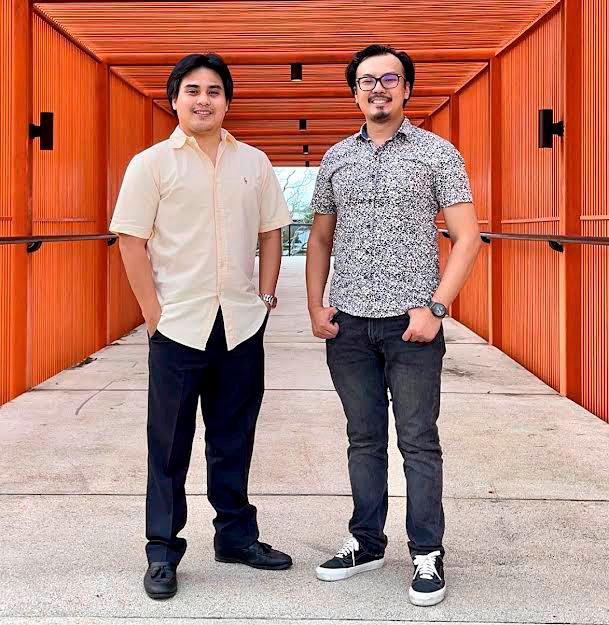PETALING JAYA: There is now some hope for those in the B40 group who have lost their jobs as a result of the Covid-19 pandemic – a new initiative to match workers with parties that need their services.
The social initiative, called Kitakerja.my, is the brainchild of two young Malaysians.
“We are focusing on getting jobs for those in the low-income group first,” said co-founders Choong En Han and Mohd Nizam Abdul Rahim. (pix)
They said the long-term objective is to reskill and retrain this group of workers to make them suitable for higher paying jobs.
Kitakerja.my was created in response to an increasing number of Malaysians and foreigners who have had to turn to others for help, as evident with the White Flag movement. According to the Statistics Department, more than 770,000 Malaysians are currently unemployed.
Former human resources minister Datuk Seri M. Saravanan had said that as of the end of last year, 100,000 Malaysians had lost their jobs because of the economic fallout of Covid-19.
Choong noted that the assistance provided by food banks and other initiatives are limited.
“Such assistance also depends a lot on the resources the community can afford to spare,” he pointed out.
“Many households would not have to depend on such assistance if they had a regular income. Hence, the idea for this website came to life.”
Mohd Nizam said they are focusing on the B40 group because the effects of the pandemic may have limited their ability and resources to land suitable jobs.
“Our aim is to get them more stable jobs with better safety nets like EPF and Socso. The gig economy is great as a stop gap measure, but we hope they can choose options that can secure their future as well.
“We are also still actively seeking support from employers who have jobs available and are encouraging job seekers to sign up on Kitakerja.
“We believe we can help to rebuild the economy by creating an ecosystem to bring job seekers and employers together,” he added.
Choong and Mohd Nizam also envision the Kitakerja initiative sparking off a bigger movement.
“If Malaysians are employed, the country can reduce its reliance on foreign labour, while also reducing the nation’s unemployment rate,” Choong said, adding that reskilling and retraining would also equip workers with better capabilities, thereby raising the prospects of them landing better paying jobs.
“This could help raise incomes for the B40 group and ensure that the Malaysian household income does not deteriorate.”
Kitakerja.my was launched on Aug 24 and initial response has shown that there is strong drive among Malaysians to be employed. So far, about 250 individuals have signed up, including some from Sabah and Sarawak.
Several potential employers have also made inquiries and the finer details are being ironed out.
The partners conceded that there is room for improvement.
“We are looking for people who can help to make the website easier to navigate and help us manage data to improve the matching process,” Mohd Nizam said.
To explore the site for more information, please visit https://kitakerja.my/ or contact the duo iwanttohelp@kitakerja.my.










